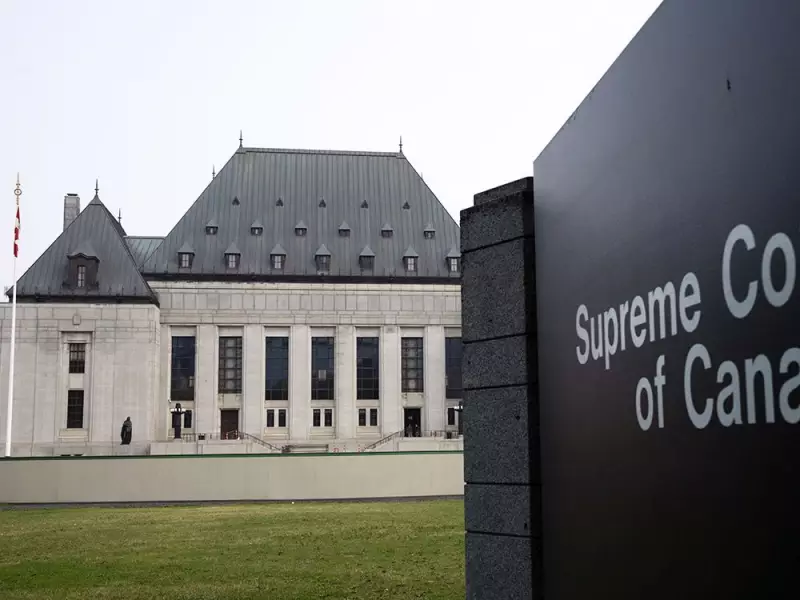
The political landscape in Alberta is heating up as Premier Danielle Smith's government prepares to deploy one of Canada's most powerful constitutional tools—the notwithstanding clause. This preemptive strike, embedded within the proposed Alberta Sovereignty Act, is sparking what promises to be the most robust debate over this constitutional provision in recent memory.
The Constitutional Nuclear Option
Section 33 of the Canadian Charter of Rights and Freedoms, commonly known as the notwithstanding clause, represents what many constitutional experts call the "nuclear option" of Canadian politics. It allows provincial legislatures to override certain Charter rights for five-year periods. While historically used sparingly and reactively, Alberta's government is breaking new ground by proposing its preemptive application in legislation that hasn't even been tested in court.
Uncharted Constitutional Waters
Legal scholars and political observers alike are raising eyebrows at this unprecedented approach. The Alberta Sovereignty Act would empower the province to refuse to enforce federal laws deemed harmful to Alberta's interests. By including the notwithstanding clause from the outset, the government aims to shield this controversial legislation from Charter challenges before any legal battle even begins.
This represents a fundamental shift in how the clause has traditionally been used. Rather than responding to a specific court ruling, Alberta is attempting to create constitutional immunity in advance—a move that sets a potentially dramatic precedent for federal-provincial relations across Canada.
The Gathering Storm of Opposition
The proposal has ignited a firestorm of criticism from multiple fronts:
- Constitutional experts question the legality of preemptively invoking Section 33
- Federal officials warn of constitutional chaos and legal uncertainty
- Civil liberties groups express alarm about the erosion of Charter protections
- Business leaders voice concerns about investment stability and legal predictability
A Political Battlefield Takes Shape
What makes this situation particularly explosive is the timing and context. With Alberta facing numerous complex challenges—from healthcare restructuring to economic diversification—the government's decision to prioritize this constitutional confrontation signals a fundamental reshaping of its relationship with Ottawa.
The debate extends beyond legal technicalities into the very heart of Canadian federalism. How much power should provinces have to resist federal laws? Where should the balance lie between national standards and regional autonomy? These questions strike at the core of Canada's constitutional framework.
The Road Ahead: Scrutiny and Showdown
As the legislation moves toward debate in the Alberta legislature, several key developments loom:
- Intense legislative scrutiny from opposition parties and legal experts
- Potential court challenges testing the preemptive use of the notwithstanding clause
- Federal government response and potential counter-measures
- Public opinion shifts as Albertans grapple with the implications
The coming weeks will reveal whether Alberta's constitutional gambit represents a temporary political maneuver or a permanent shift in how provinces interact with federal authority. One thing is certain: the debate over the notwithstanding clause has never been more relevant—or more contentious.
The eyes of the entire nation are now fixed on Alberta, watching as this provincial government charts a course that could redefine Canadian federalism for generations to come.





